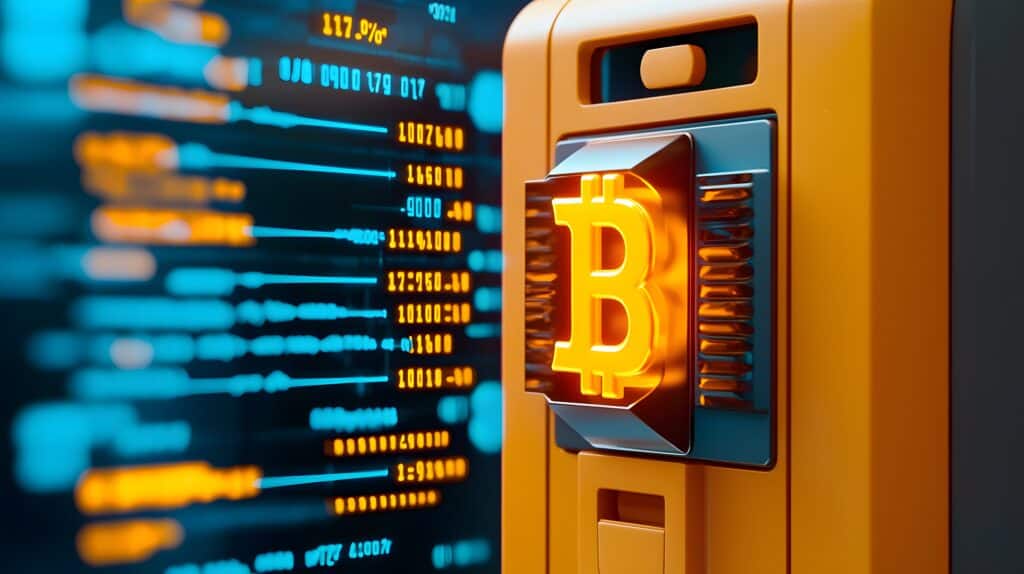
Key Takeaways:
- Nebraska Enacts Crypto ATM Regulations: A new law mandates licensing, transaction limits, and fraud prevention measures to curb rising scams.
- Consumer Protections Strengthened: New users face a $2,000 daily limit, fees are capped at 18%, and fraud victims can claim refunds.
- Part of a National Trend: Nebraska follows Illinois in tightening crypto ATM oversight, while monitoring fraudulent activities in the sector.
Nebraska has enacted new regulations on cryptocurrency ATMs to combat rising fraud, with Governor Jim Pillen signing the Controllable Electronic Record Fraud Prevention Act into law.
The move follows a surge in crypto ATM-related scams, which resulted in losses exceeding $65 million in the first half of 2024, according to the Federal Trade Commission.
Cryptocurrency is an emerging industry, and we’ve been working hard to build Nebraska into a crypto leader. We want everyone to know that we’re open for business – and that we’re doing it the right way. @NebraskaDBF @TeamPillen https://t.co/2b0YtzG8xL
— Governor Jim Pillen (@TeamPillen) March 12, 2025
Introduced by Senator Eliot Bostar, the bill (LB 609) mandates that crypto ATM and kiosk operators be licensed under Nebraska’s Money Transmitters Act and register with the Department of Banking and Finance.
Operators must also submit quarterly reports detailing their locations, transaction data, and personnel.
The legislation sets daily transaction limits of $2,000 for new users and $5,000 for existing customers, while fees cannot exceed 18% of the transaction value.
To enhance consumer protection, new customers reporting fraud within 90 days are eligible for a full refund, while existing customers can reclaim fraudulent transaction fees.
Operators must display fraud warnings and appoint compliance officers.
The move aligns Nebraska with a national trend of tightening crypto regulations.
While committed to fostering cryptocurrency innovation, state authorities vow to monitor and prevent misuse of crypto ATMs.
However, Nebraska has yet to consider establishing strategic crypto reserves like 21 other U.S. states.

